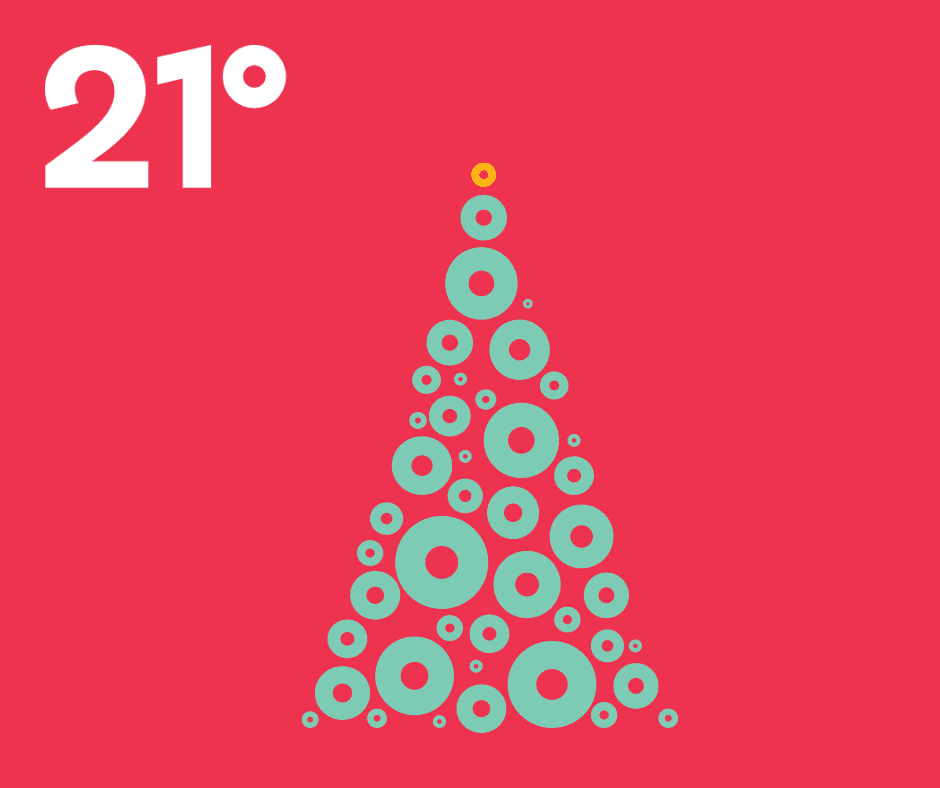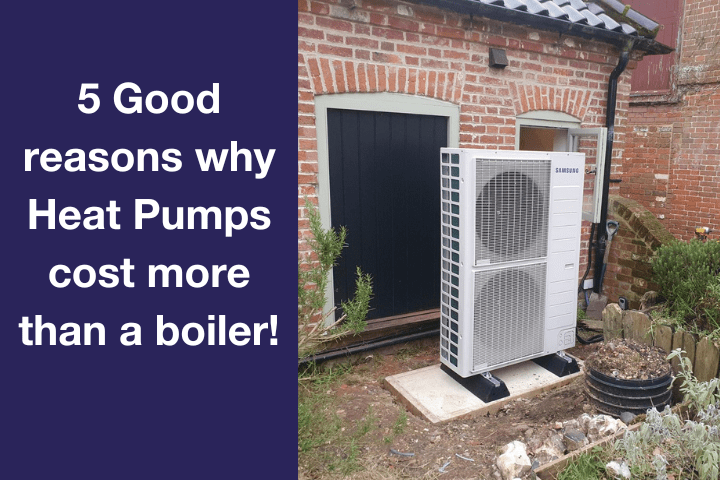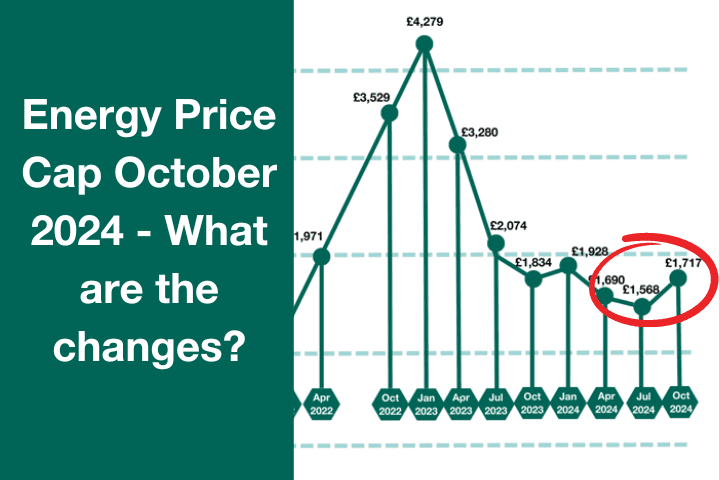3 Things to know about the absolute best orientation for UK solar panels
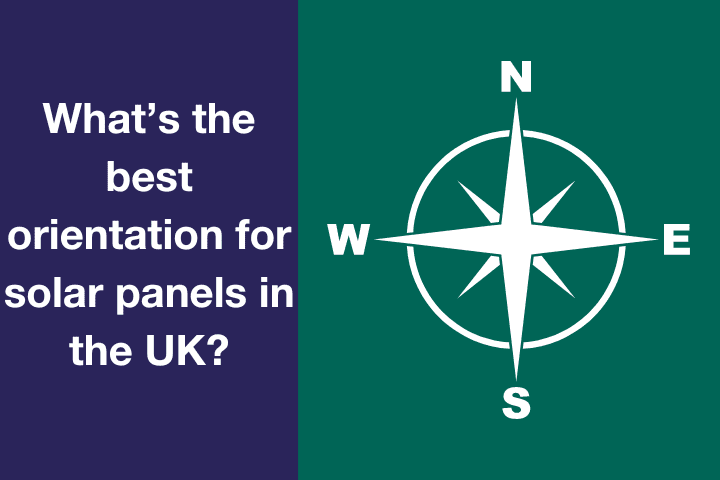
One of the most common questions when considering the orientation of solar panels for your home is: Do I need a south-facing roof for solar panels? . While having a south-facing roof is ideal, it’s not the only option. Indeed, in the UK, it might even be possible to maximise a different orientation if your roof suits the array.
This blog post will explore the best orientation for solar panels on a roof, why the UK is suitable for solar panels, and what to consider when installing solar panels on your home.
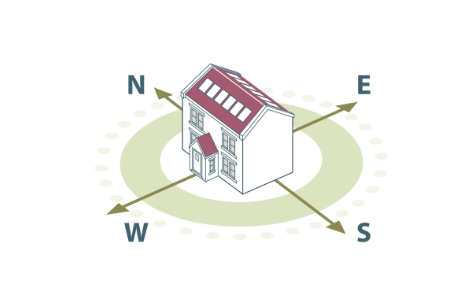
Table of Contents
Best Orientation for Solar Panels on a Roof
Did you know the best orientation for a solar panel array differs depending on where you are in the world? If you live in the Northern Hemisphere, like we do in the UK, then the best orientation for a solar array is south-facing. But if you live in the Southern Hemisphere then the best orientation is north-facing.
Let’s look at the different solar orientations in the UK.
South-Facing Roof
A south-facing roof is considered the best orientation for solar panels in the UK due to the maximum exposure to sunlight throughout the day. Solar panels facing south can generate the most electricity, making them the most efficient setup. The sun’s path across the sky in the Northern Hemisphere means that south-facing panels receive direct sunlight from morning to evening, which is crucial for capturing as much solar energy as possible, especially during the winter months when daylight hours are shorter. This orientation allows for a higher yield of electricity, which can significantly lower your energy bills and reduce your carbon footprint.
In contrast, the optimal direction for solar panels in the Southern Hemisphere is facing north. In countries like Australia and South Africa, north-facing panels are exposed to the most sunlight throughout the day. This difference is because the sun’s trajectory is opposite to what it is in the Northern Hemisphere, meaning that a northern orientation will capture the most sunlight and, therefore, be the most efficient in those regions.
By understanding the importance of roof orientation and how it varies depending on your geographic location, you can make an informed decision to maximise the efficiency and benefits of your solar panel system
Solar panel manufacturers like Longi explain in their solar panel manuals about the best orientation for their products.
East-West-Facing Roofs
East-west-facing roofs are also viable options for solar panels in the UK. While they won’t capture as much sunlight as a south-facing roof, panels on these orientations can still generate substantial electricity. In fact, if you split your panels between east and west, you can benefit from solar power generation throughout the day—morning sun from the east and afternoon sun from the west.
How to Optimize East and West Orientation Roofs
East-west-facing roofs can offer unique advantages in the UK, where the sun’s path varies considerably throughout the year. With panels facing both directions, your solar system can capture sunlight at different times of the day. East-facing panels will catch the early morning sun, providing a boost of energy as the day begins. This can be particularly beneficial for households that consume more electricity in the morning hours.
Conversely, west-facing panels will soak up the late afternoon and early evening sun. This is ideal for families home later in the day and whose energy usage spikes during this time, such as cooking dinner, running appliances, and heating or cooling the home. By splitting the solar array between east and west, you can smooth out energy production, leading to a more consistent and reliable supply of solar power throughout the day.
Moreover, this diversified setup can also reduce the impact of shadows and shading issues, which are common in the UK’s urban and suburban areas. Trees, buildings, and other structures can cast shadows on your roof during different parts of the day. With panels on both east and west-facing roofs, you lessen the risk of shading significantly hindering your overall solar energy production. Additionally, some solar panel systems allow for individual panel monitoring and optimization, further enhancing the efficiency of an east-west setup. This makes east-west oriented roofs not only a viable but also, in some cases, a preferable alternative to south-facing installations.
North-Facing Roof
North-facing roofs are the least effective for solar panel installation in the UK. However, advances in solar technology have made it possible to achieve some level of efficiency even with north-facing installations. If your roof has a slight tilt towards the east or west, it can partially offset the disadvantages of a purely north-facing setup.
Why the UK is Good for Solar Panels
Despite its reputation for cloudy weather, the UK is surprisingly suitable for solar power. The following factors highlight why:
1. Long Daylight Hours: During the summer months, the UK experiences long daylight hours, which boosts solar energy generation.
2. Mild Climate: The UK’s moderate climate ensures that solar panels operate efficiently without overheating, which can be a risk in hotter climates.
3. Government Incentives: Various government schemes and incentives, such as the Smart Export Guarantee (SEG), make it financially appealing to install solar panels.
4. Decreasing Costs: The cost of solar panels has decreased significantly over the years, making them more accessible to homeowners.
Benefits Solar Panels Bring to UK Homes
Installing solar panels on your home helps reduce your carbon footprint and offers significant financial benefits. One of the primary advantages is the reduction in electricity bills. By generating your own electricity, you can substantially lower your reliance on the grid, resulting in notable savings over time. Any excess power generated can be sold back to the grid through the Smart Export Guarantee (SEG), providing an additional income stream.
Moreover, solar panels can increase the value of your home. Properties equipped with solar power systems are often seen as more desirable due to their energy efficiency and the prospect of lower utility costs for potential buyers. This enhanced appeal can translate into a higher resale value. Additionally, as energy prices remain high, homes with solar panels become increasingly attractive because of their ability to mitigate these costs, thereby offering long-term financial security. Investing in solar panels is not just an environmentally conscious choice but a financially astute one that provides ongoing economic benefits and boosts property value.
Things to Consider When Installing Solar Panels on a Roof
Roof Condition and Angle
Ensure your roof is in good condition and can support the weight of the solar panels. For optimal solar energy capture, the angle of your roof should be between 30 and 40 degrees.
Shading
Even partial shading can significantly impact the efficiency of your solar panels. Assess the shading from nearby trees, buildings, or chimneys throughout the year to maximise exposure to sunlight.
Inverter Placement
The inverter, which converts solar energy into usable electricity, should be placed in a cool, shaded area to maintain efficiency and prolong its lifespan.
Energy Consumption Patterns
Understanding your household’s energy consumption patterns can help you choose the right size and setup for your solar panel system. If you use most of your electricity in the morning or late afternoon, east or west-facing panels might be more beneficial.
Local Regulations
Different regions in the UK may have varying regulations and permissions required for installing solar panels. Check with your local council to ensure compliance with planning rules and building regulations.
Conclusion
While having a south-facing roof is advantageous for solar panel installation, it’s not a strict requirement. East and west-facing roofs can also provide substantial energy savings. The UK, with its long daylight hours and supportive government incentives, is an excellent place for adopting solar energy.
If you’re considering installing solar panels and would like expert advice tailored to your home’s needs, call one of our specialists today. Let’s work together to make your home better performing and more energy-efficient while reducing your carbon footprint at the same time.
Book a call with your team here.

